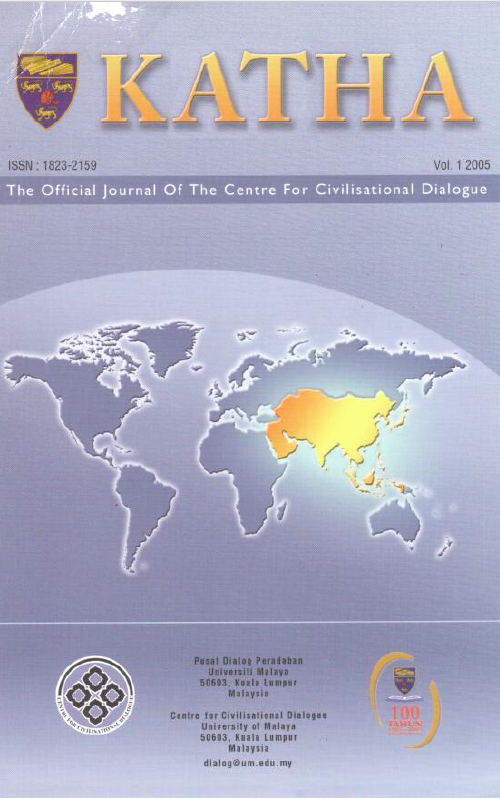Reason and Revelation in the Thought of Saadiah Gaon
Abstract
Saadya bin Joseph (882-942), also known as Saadiah Gaon, was born in Fayyum, Upper Egypt. He was the first philosopher of Judaism to write systematic works. He was also a pioneering exegete, grammarian, lexicographer, liturgist, and chronologist. His early years were spent in Egypt, and apparently it was there he began corresponding with Isaac Israeli of Kairouan (c.855-c.955), the physician philosopher who, due partly to the influence of al-Kindi, initiated the tradition of Neoplatonic philosophy among Arab speaking Jews. It was also during his youth that he became involved in a series of disputations with the Karaites, a sect that prided themselves on their rejection of the Talmud and their acceptance of the Bible as the only legitimate source of revelation. The controversy that emerged from disagreement between Saadya and the Karaites were symptomatic of later events in his life, where his erudition and learning, as well as his critical intellect, would lead him into further persecution, enmity, and eventually, exile.
Downloads
Downloads
Published
How to Cite
Issue
Section
License
Articles submitted to the journal should not have been published before in their current or substantially similar form, or be under consideration for publication elsewhere. Authors submitting articles for publication warrant that the work is not an infringement of any existing copyright and will indemnify the publisher against any breach of such warranty. For ease of dissemination and to ensure proper policing of use, papers and contributions become the legal copyright of the publisher unless otherwise agreed. By submitting a manuscript, the author(s) agree that copyright for the article is transferred to the publisher, if and when the manuscript is accepted for publication. However, it can be reprinted with a proper acknowledgment that it was published in KATHA.

This work is licensed under a Creative Commons Attribution-NonCommercial-NoDerivatives 4.0 International License.




